|
Discussing the Importance of Deworming Beef Cattle
Because beef cattle eat roughage, pasture, etc. and often come into contact with the ground, they are easily infected with various nematodes in the digestive tract, and are also susceptible to parasites such as lice, mites, ticks, and fly maggots outside the body. After a cow's body is mildly to moderately infected with parasites, the feed conversion rate is affected, mainly due to a decrease in appetite, a decrease in absorbed protein and energy utilization, and a decrease in the quality and weight gain of ketone bodies, which in turn affects the efficiency of beef cattle breeding. Economic benefits. For this reason, beef cattle must be dewormed during the pre-feeding period before fattening.
The Dangers of Cattle Parasites
01 Nutrient Loss
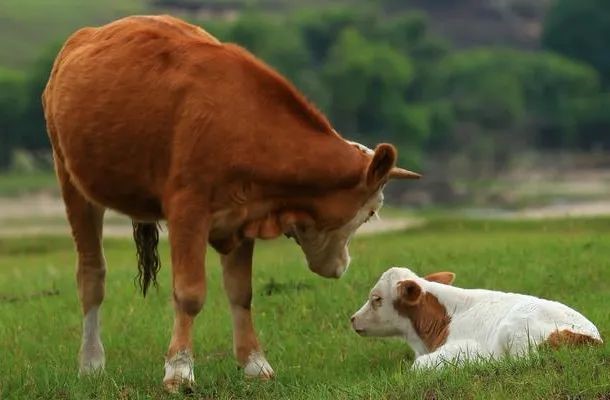 |
|
The parasite is a living organism that needs to compete with the cow's body for nutrients. By sucking the blood and tissue fluid of the cow, it reduces the cow's production capacity and weight gain, resulting in a disproportionate input-output ratio. Statistics prove that the losses caused by parasites to farms can reach 8%-16% of their output value.
|
02 Itching Problem
 |
|
The activity of ectoparasites can cause severe itching of the skin, causing the cow to be restless, constantly scratching and licking its fur. The reduced comfort level affects feeding and resting, causing skin chapped or perforated skin.
|
03 Mechanical Damage
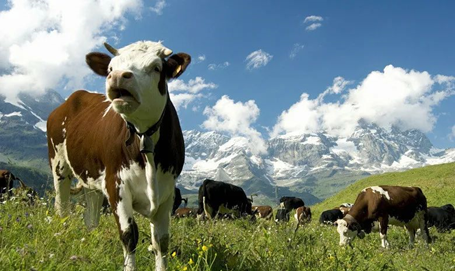 |
| All parasites are mobile. During the process of crawling inside the body, internal parasites can cause inflammation or damage to tissues and organs, interfere with life activities, and in severe cases can lead to the death of cattle. It can be helpful to include substances that repair mechanical damage, such as epidermal growth factor. |
04 Toxin
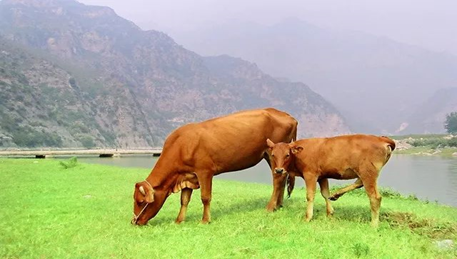 |
|
The metabolites or toxins released by parasites can cause adverse reactions in the body, cause immune suppression, and reduce the resistance of cattle. The level of antibodies produced after vaccination also decreases. Antimicrobial peptides can help stabilize vaccine levels, while binding endotoxins to lower inflammation levels and regulate immunity.
|
05 Complication
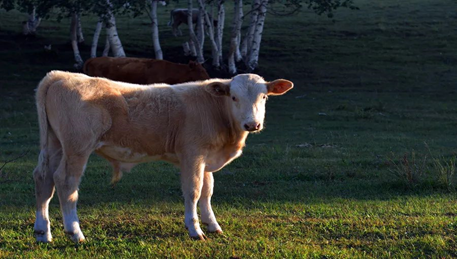 |
|
Mucosal damage caused by parasites opens the door for other pathogens to enter, cause complications, and spread other diseases. Such as viruses, bacteria, protozoa, etc.
|
06 Other Impacts
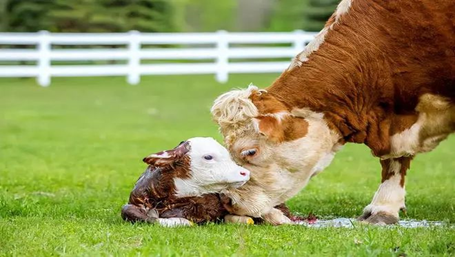 |
|
For example, affecting reproductive performance, infertility or stillbirth, gastrointestinal nematodes can cause reproductive delays or disorders in cows, and sporozoites and trichomonas can cause miscarriages and premature births. Cryptosporidium can also cause zoonosis.
|
In summary, cattle parasites have a great impact on cattle farms.
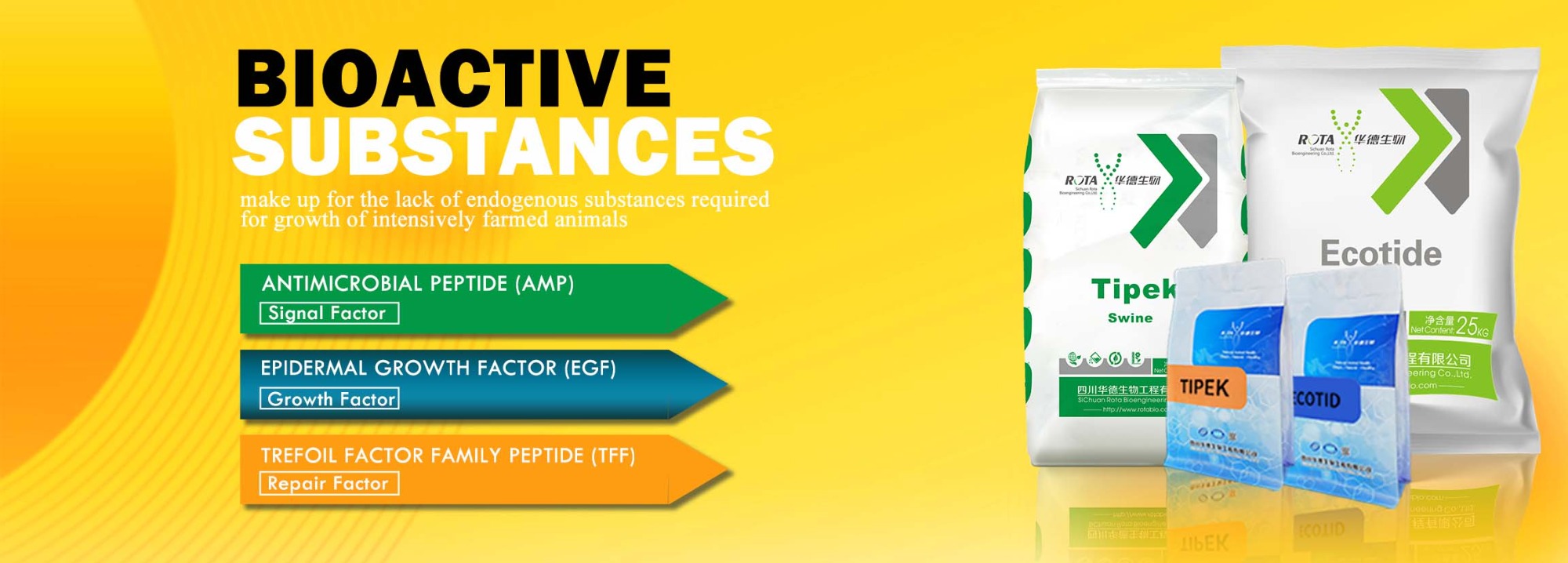
|

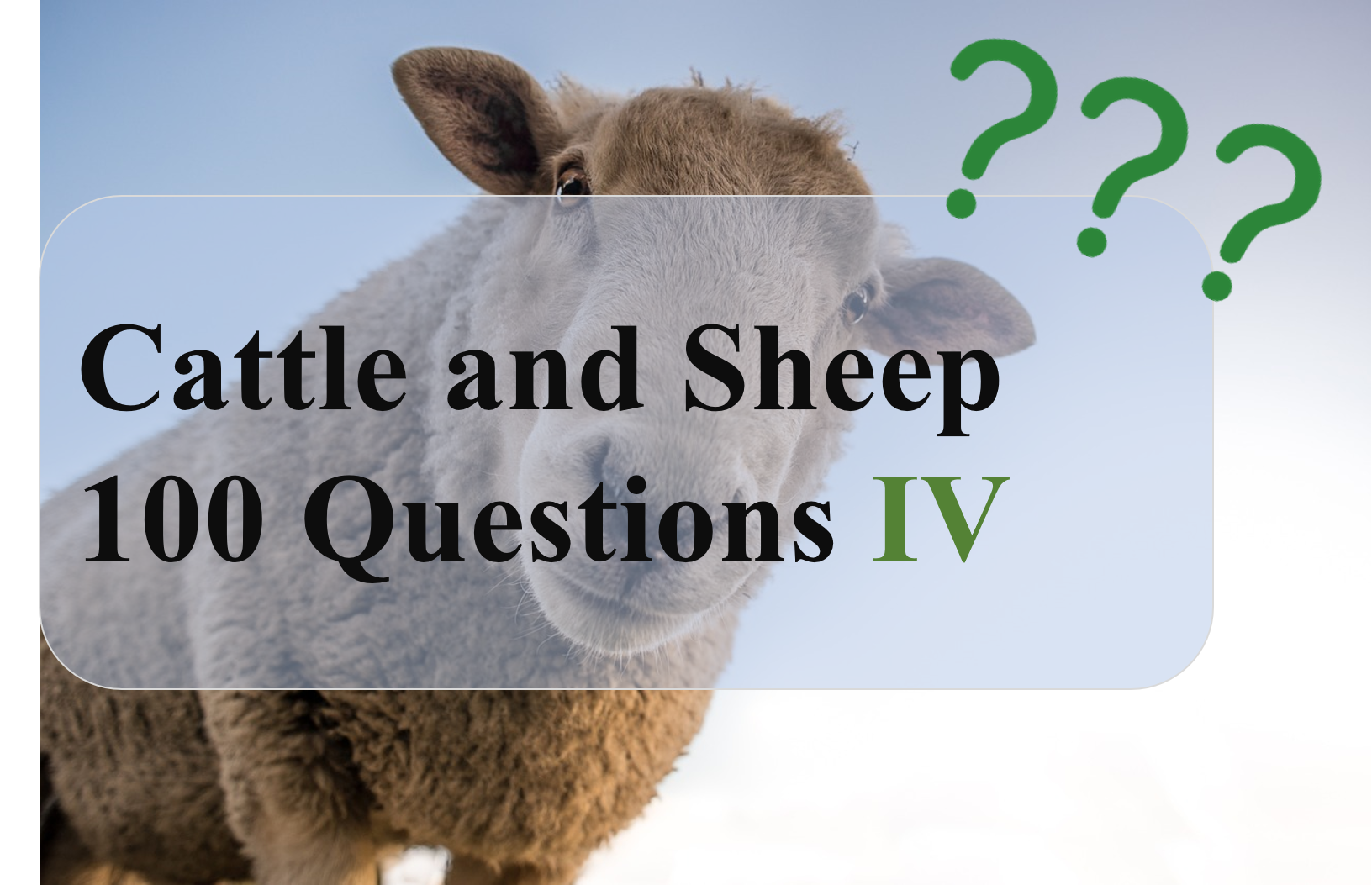 Cattle and Sheep 100 Questions Ⅳ
Cattle and Sheep 100 Questions Ⅳ
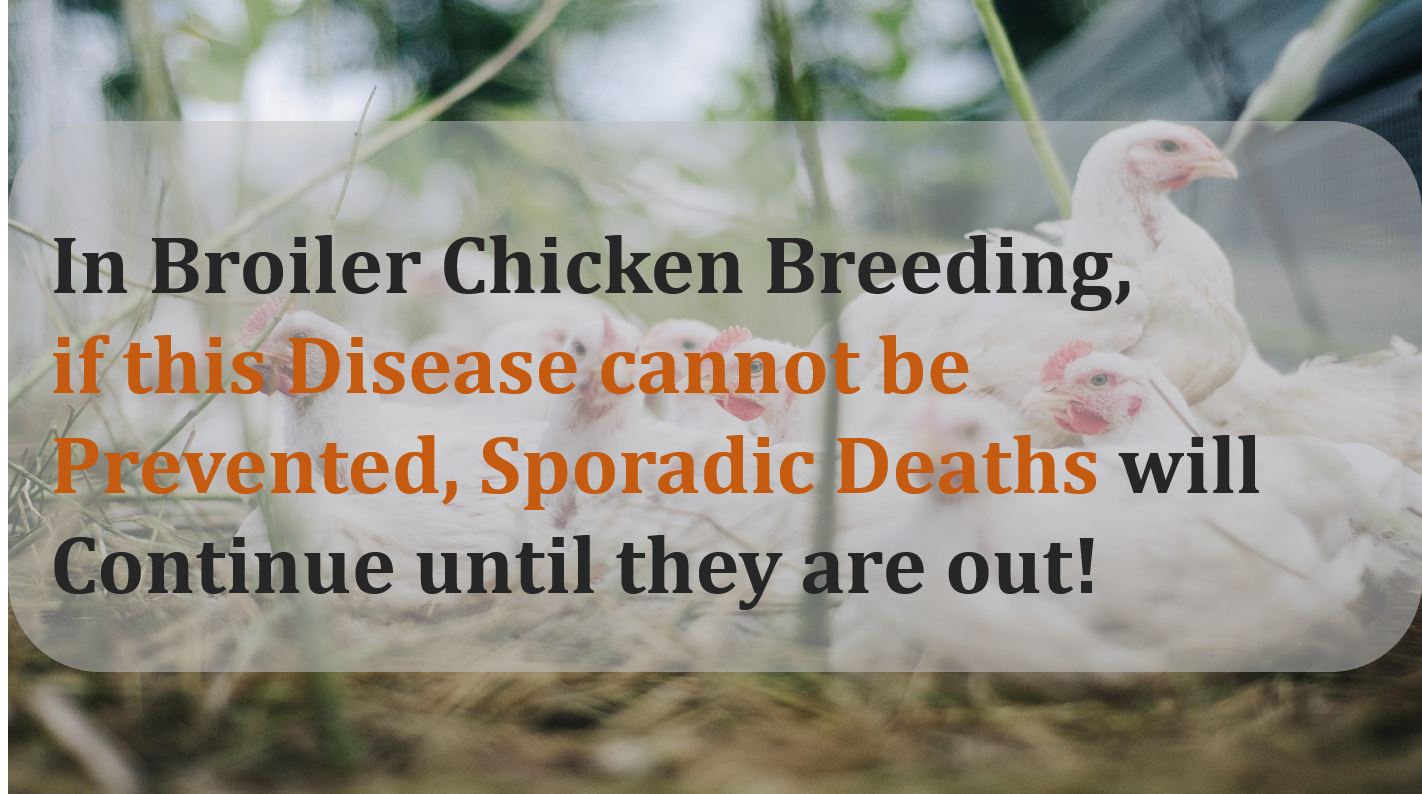 In broiler chicken breeding, if this disease cannot be prevented, sporadic deaths will continue until they are out!
In broiler chicken breeding, if this disease cannot be prevented, sporadic deaths will continue until they are out!
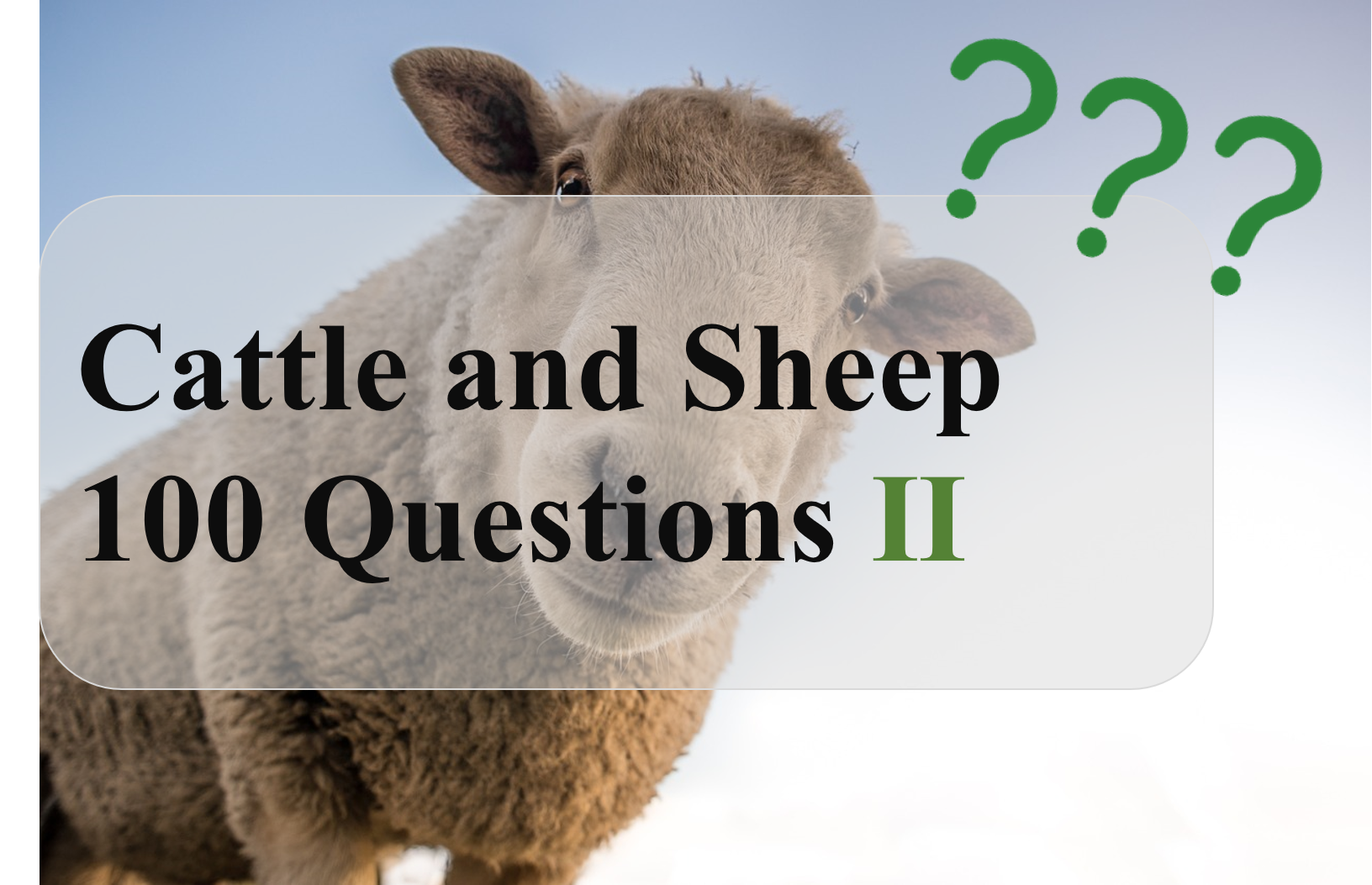 Cattle and Sheep 100 Questions Ⅱ
Cattle and Sheep 100 Questions Ⅱ
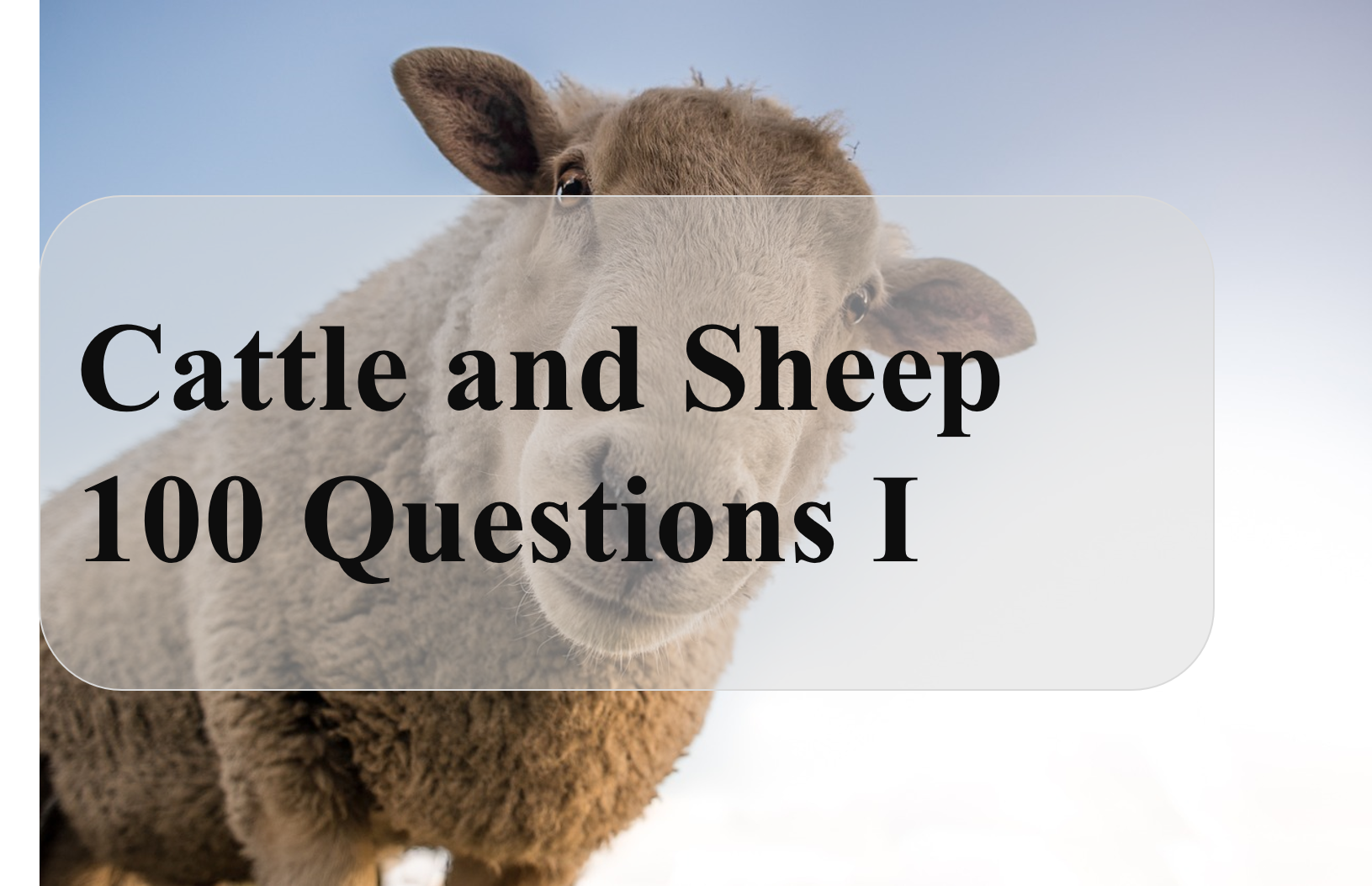 Cattle and Sheep 100 Questions Ⅰ
Cattle and Sheep 100 Questions Ⅰ